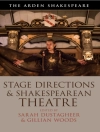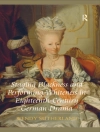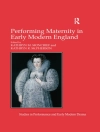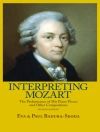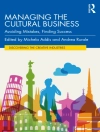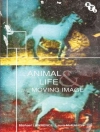In the first book-length study to concentrate specifically on Britain, Jamie Sexton examines the rise of avant-garde and experimental film-making between the wars.
The book provides a detailed view of how modernist and anti-mainstream currents emerged in the film industry in Britain.
Alternative Film Culture in Inter-War Britain is the first book-length study of a number of currents which opposed mainstream filmmaking and which championed film as an intellectual, modern art. It traces the growth of new approaches to film through exhibition and writing on cinema, and looks at how this cultural formation shaped certain areas of filmmaking. As such, it takes an interdisciplinary approach in which a study of independent filmmaking in this era is firmly placed within a cultural context, linking the ways in which films were presented, received and produced.This is the first in-depth look at ‘alternative film culture’ in Britain between the wars will excite many in the film, and film studies, worlds. It combines the history with analysis of the films themselves, and of their reception. It looks at the operations of a key contemporary institution, the original Film Society.
สารบัญ
Illustrations
Acknowledgments
Introduction: From Avant-Garde Film to Alternative Film Culture
Chapter 1. The Network of Alternative Film Culture
Chapter 2. Deconstruction, Burlesque and Parody
Chapter 3. Drifters and the Emergence of an Alternative British Cinema
Chapter 4. Alternative Film Culture in the Shadow of Sound
Chapter 5. Montage, Machinery and Sound
Chapter 6. Mechanization and Abstraction
Chapter 7. Borderline: Subjectivity and Experimentation
Conclusion
Bibliography
เกี่ยวกับผู้แต่ง
Jamie Sexton is Lecturer in Film Studies in Northumbria University. His other books include Cult Cinema: An Introduction (with Ernest Mathijs, forthcoming 2009); Experimental British Television (edited with Laura Mulvey, 2007); Music, Sound and Multimedia (edited, 2007).


